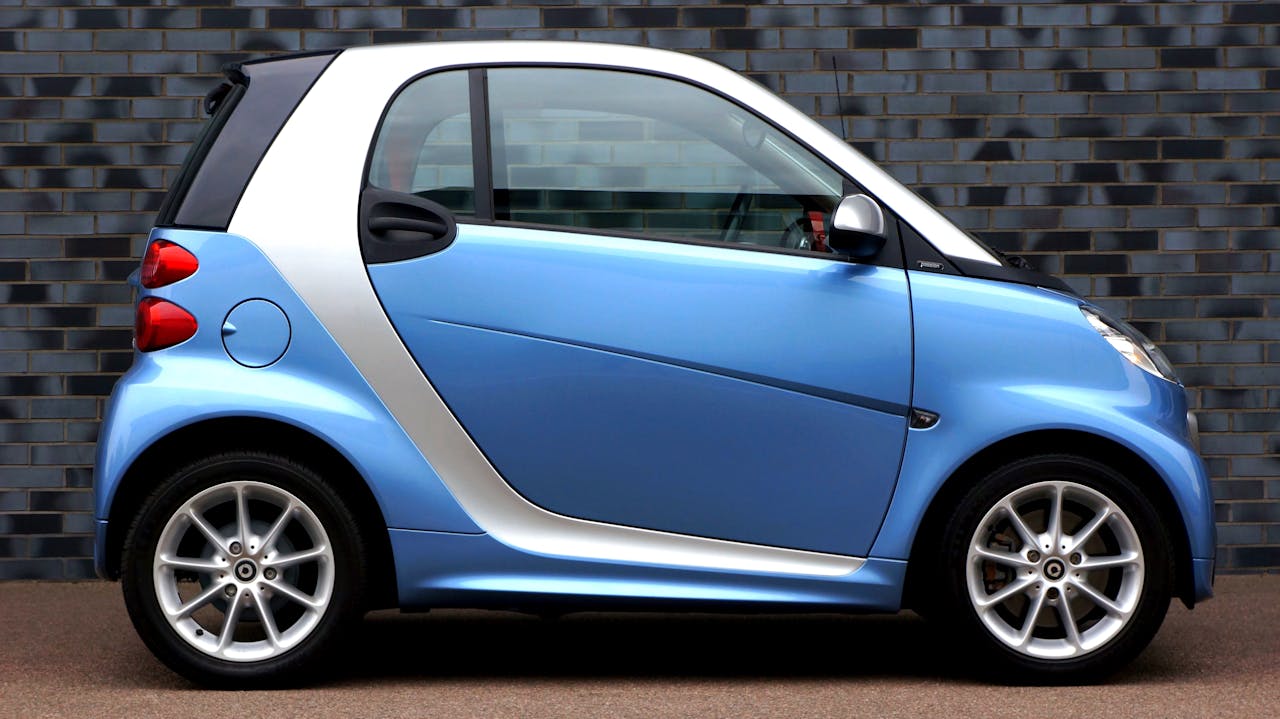German media and industry research increasingly point to drivers' growing frustration with electric cars. Recent reports, such as those prepared by Automobilwoche in cooperation with the Civey Institute, show that up to 77 percent of Germans asked do not believe in the ability to replace combustion cars with new “electric” cars in the coming years. In general, electric cars currently have a not very good reputation among our neighbors.
Moreover, electric vehicle sales are periodically declining and average CO2 emissions are increasing. This only deepens the negative attitude towards electric mobility. This unexpected turn of events has drawn attention to the need for long-term planning in climate and energy policies.
German drivers are growing disillusioned with electric cars
There is widespread disillusionment with electric cars among German drivers. Data collected by Automobilwoche and Civey show that the negative assessment of “electricians” is surprisingly uniform across all age groups. As much as 74 percent of people between the ages of 40 and 49 and 72 percent of those between the ages of 50 and 64 describe their image as poor. The situation is not much better among young people – as much as 64%. People between the ages of 18 and 29 have a poor opinion of electric cars.
Several factors contribute to the spread of criticism. These include limited charging infrastructure, high procurement costs, and concerns about range and charging time. Equally important is the limited availability of specialized electric vehicle repair services.
The negative perception of “electricians” is also affected by the instability of the energy market. A study conducted by YouGov on behalf of Monta showed that more than half of German drivers who bought an electric car regretted the decision. This is mainly due to high energy prices.
The electric mobility market will have to face challenges. Electric cars have an uphill climb
Electric vehicle manufacturers and policymakers face the challenge of not only improving the technology, but also expanding charging infrastructure and improving public perception. Increasing awareness of the benefits of green transportation solutions is critical to the future of the industry. There is no doubt that the future of electric cars in Germany will depend on how the automotive industry and the government respond to the challenges that arise.
The decision to end the program to support the purchase of electric cars caused a shock in the German market. As a result of the shock, sales of electric vehicles fell, which inevitably leads to an increase in average carbon dioxide emissions2.
Producers and customers were forced to rethink their purchasing and investment strategies. In response to these changes, some car companies have launched their own promotional initiatives to encourage customers to choose electric vehicles over combustion engines.

Echo Richards embodies a personality that is a delightful contradiction: a humble musicaholic who never brags about her expansive knowledge of both classic and contemporary tunes. Infuriatingly modest, one would never know from a mere conversation how deeply entrenched she is in the world of music. This passion seamlessly translates into her problem-solving skills, with Echo often drawing inspiration from melodies and rhythms. A voracious reader, she dives deep into literature, using stories to influence her own hardcore writing. Her spirited advocacy for alcohol isn’t about mere indulgence, but about celebrating life’s poignant moments.










